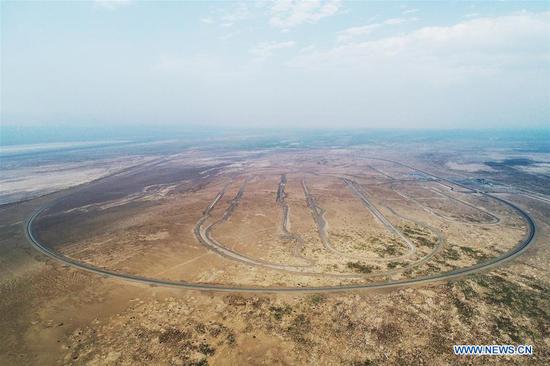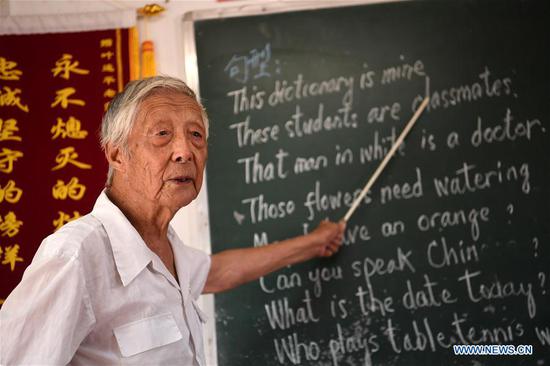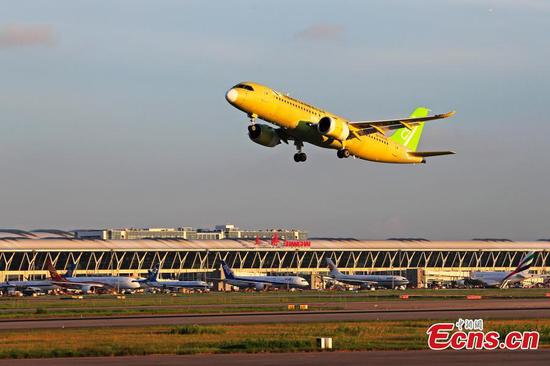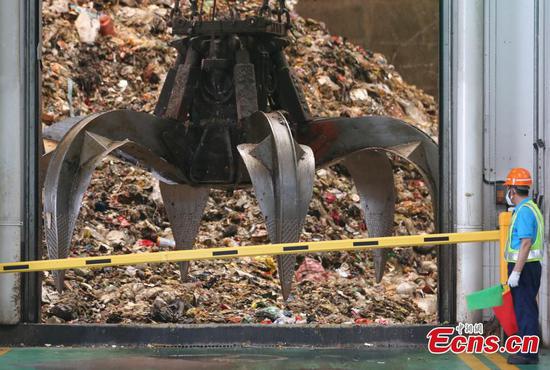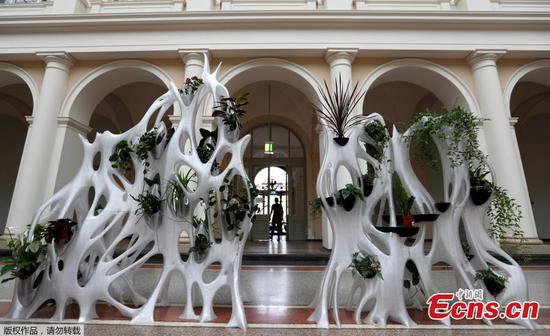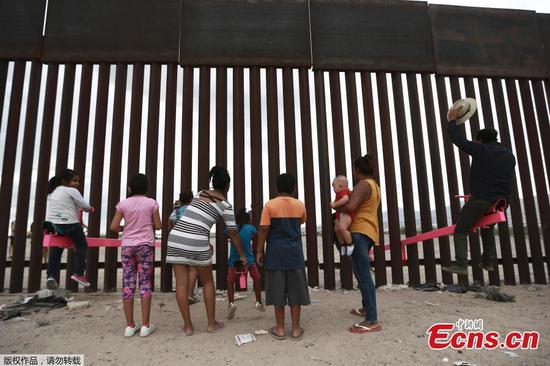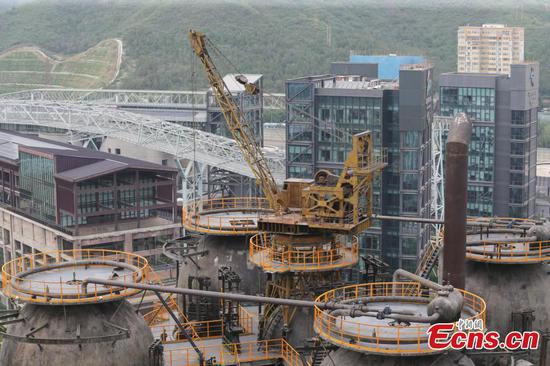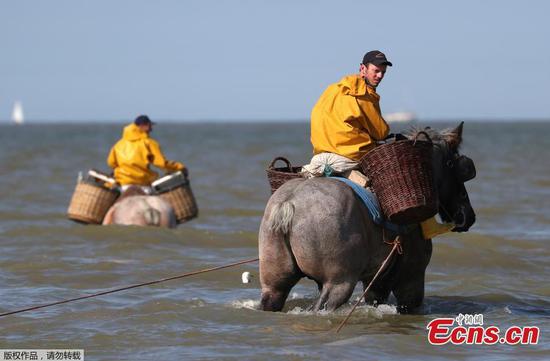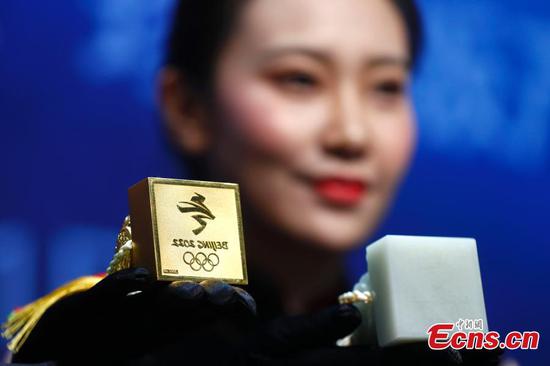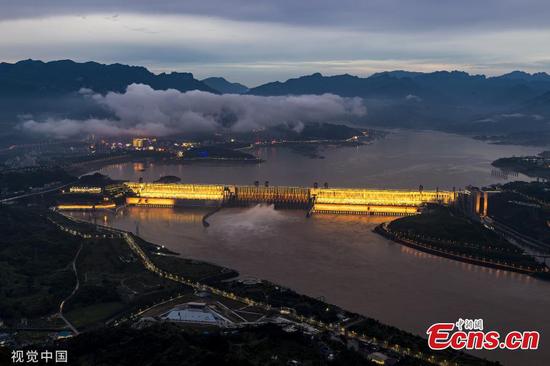China will further enhance its strategic strength with strong bottom-line thought, follow its own pace in developing its economy and will not compromise in the way the United States wants in order to resolve bilateral trade issues, experts said.
They described China's stance after the U.S. administration said on Thursday that it would impose an additional 10 percent tariff on $300 billion worth of Chinese goods starting Sept 1. The new tariff threat came just after the 12th round of bilateral trade talks in Shanghai, which had been described as "constructive" by both sides.
The plan will put additional tariffs on virtually all Chinese products entering the U.S. except for medicines.
The U.S. goal in imposing new tariffs is to build a global industrial chain and technology advantage led by that country, experts said.
China doesn't want to fight, but it is not afraid to do so because China has sufficient resources to counter the challenge, said Zhang Yansheng, former secretary-general of the academic committee of the National Development and Reform Commission.
To protect its interests, China vowed last week that it will take necessary countermeasures if the U.S. tariffs come into force.
Zhang warned that China should prepare to deal with an uneasy relationship with the U.S. over the long term, as he thinks the confrontation will persist until 2035, after which they will enter a phase of strategic cooperation and conversation.
"To fight a strong opponent, the key for China is to build a sound environment for innovation, world-class companies and universities," he said.
Unlike previous rounds of taxing Chinese imports, the U.S. administration is targeting a wide swath of consumer goods, thereby using U.S. families as a hostage in trade negotiations, according to Matt Priest, president of the Footwear Distributors and Retailers of America.
Wei Jianguo, former vice-minister of commerce, agreed that additional tariffs on Chinese imports will be passed on to U.S. workers, consumers and companies.
Capriciousness will not help the U.S. government improve its position in trade talks with China, but will harm its reputation, Wei said. He said the U.S. approach of placing extreme pressure on its trade counterpart won't work, and China's core concerns must be addressed during consultations.
China saw encouraging economic growth in the first half, especially in attracting foreign direct investment and foreign trade. With its fast-growing manufacturing and service sectors, as well as massive domestic market, the country is capable of withstanding any pressure if no deal is reached, said Xue Rongjiu, deputy director of the China Society for WTO Studies.
He said Washington should drop its fantasy of pressing Beijing with its same old tricks of maximum pressure. If it truly wants a deal, then it will need to show both real sincerity and actions to prove it can keep its word.
David French, senior vice-president for government relations at the National Retail Federation, a leading opponent of tariffs in the U.S., said tariffs imposed over the past year haven't worked, and there is no evidence the equivalent of another tax increase on U.S. businesses and consumers will yield new results.
"We are disappointed the administration is doubling-down on a flawed tariff strategy that is already slowing U.S. economic growth, creating uncertainty and discouraging investment," French said, adding that additional tariffs "will only threaten U.S. jobs and raise costs for American families on everyday goods".
"Although the result of Sino-U.S. trade talks and its impact on China's economy is not entirely predictable at this stage, in general we are positive about China's commitment to its opening-up policy and are optimistic about China's economy and business environment," said Eric Liu, managing partner of Shanghai-based Zhao Sheng Law Firm.















